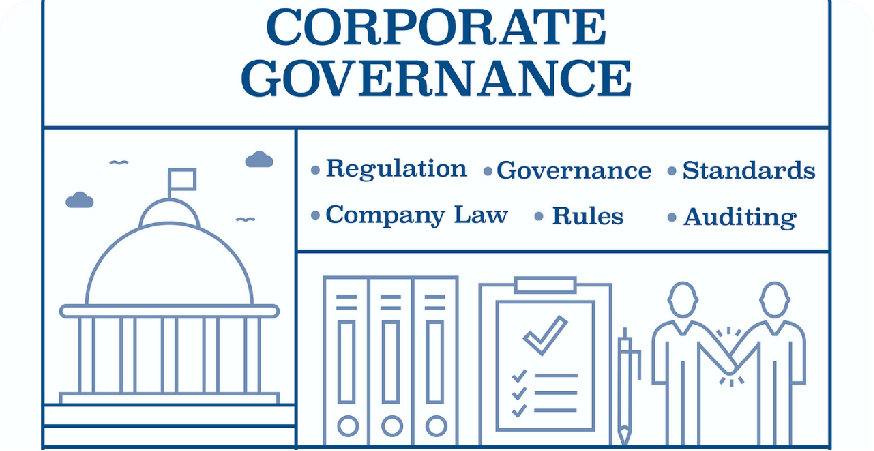A Chinese electronics manufacturing company invested in building a factory in Abu Dhabi, aiming to produce and export high-end electronic components. The company planned to use the UAE as an export hub to distribute its products to European and Asian markets. To achieve this, the company needed to obtain a Certificate of Origin to ensure that its products could benefit from tariff reductions and market access in the destination countries. However, despite the company’s investment of tens of millions and production of finished products, it has never been able to obtain a certificate of origin due to failure to meet the requirements for substantial transformation and the specified ratio of local materials.
In recent years, in order to circumvent trade barriers, many companies have conducted re-export trade through third countries or exported products after investing and building factories overseas.However, due to insufficient understanding of the policies of the investing country and local laws and regulations, these companies often face more risks and obstacles.
Key Points on the Certificate of Origin:
1. Substantial Transformation or Production
According to the UAE Federal Law No. 11 of 2019 on Rules of Origin and Certificates of Origin and the the Executive Regulation No. 43 of 2022 on the Implementation of the Rules of Origin Law , products must be substantially processed or produced in the UAE to meet the requirements of the certificate of origin. For example, there must be a change in tariff classification, meaning that the processing must result in a change of the product’s Harmonized System code; or the value added within the UAE must reach a specific percentage. This means that simple assembly, packaging, or re-labeling is not considered sufficient processing.
2. Source and Ratio of Materials
The proportion of local materials used in the product also affects its eligibility for a Certificate of Origin. The local raw materials used in the product should reach a certain proportion, and restrictions on the use of imported raw materials require that these raw materials be substantially processed before a certificate of origin can be obtained.
3. Documents
Companies must provide detailed documents to prove that their products meet the origin requirements, such as commercial invoices, production records, and a list of materials used.
4. Government Regulations and International Agreements
The UAE government and related international agreements also impose specific requirements for the Certificate of Origin. The UAE Ministry of Economy and local Chambers of Commerce have detailed guidelines on the requirements and application processes for the Certificate of Origin. Additionally, international Free Trade Agreements (FTAs) signed by the UAE often specify particular rules of origin that companies must comply with when applying for a Certificate of Origin.






